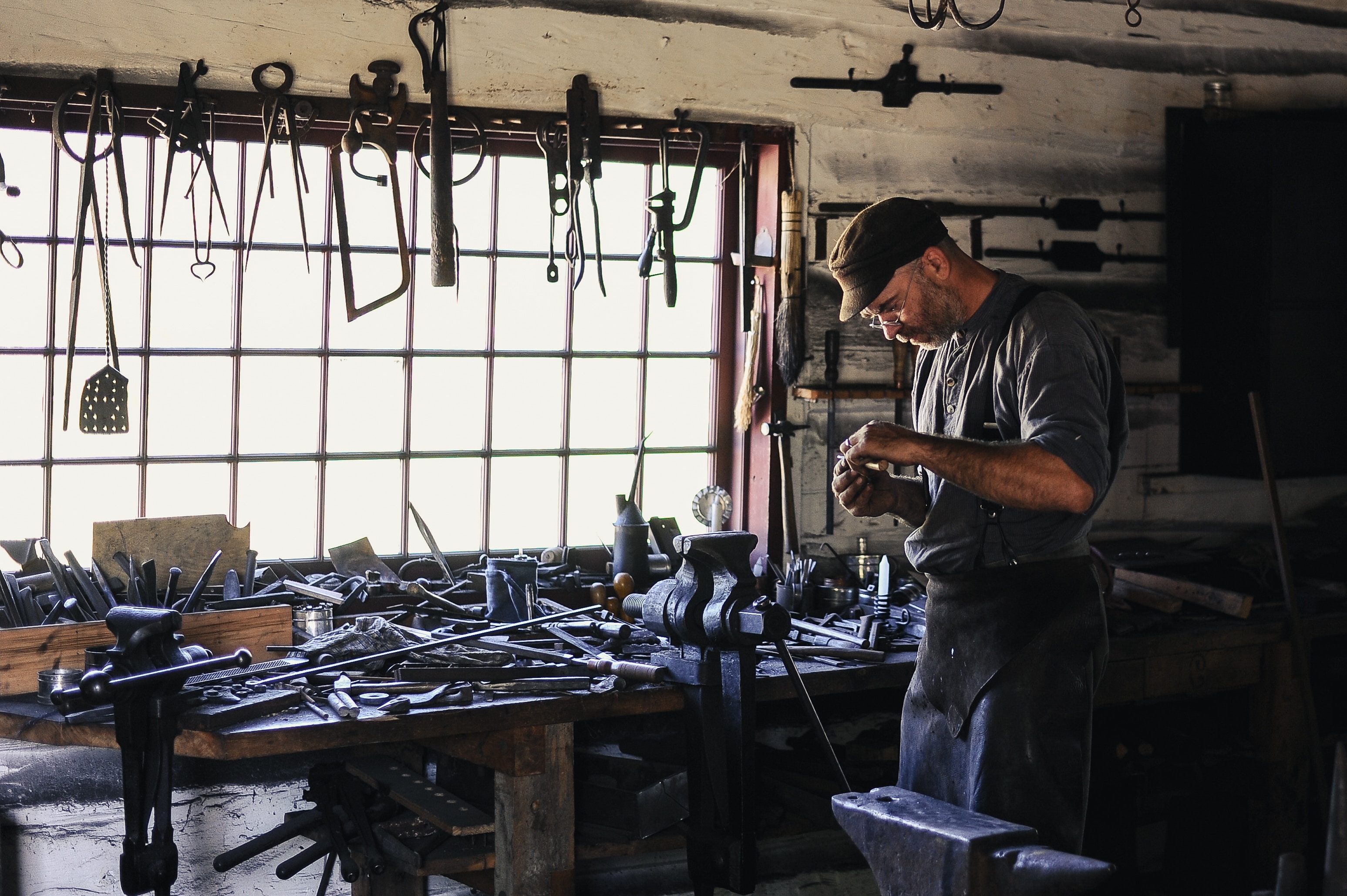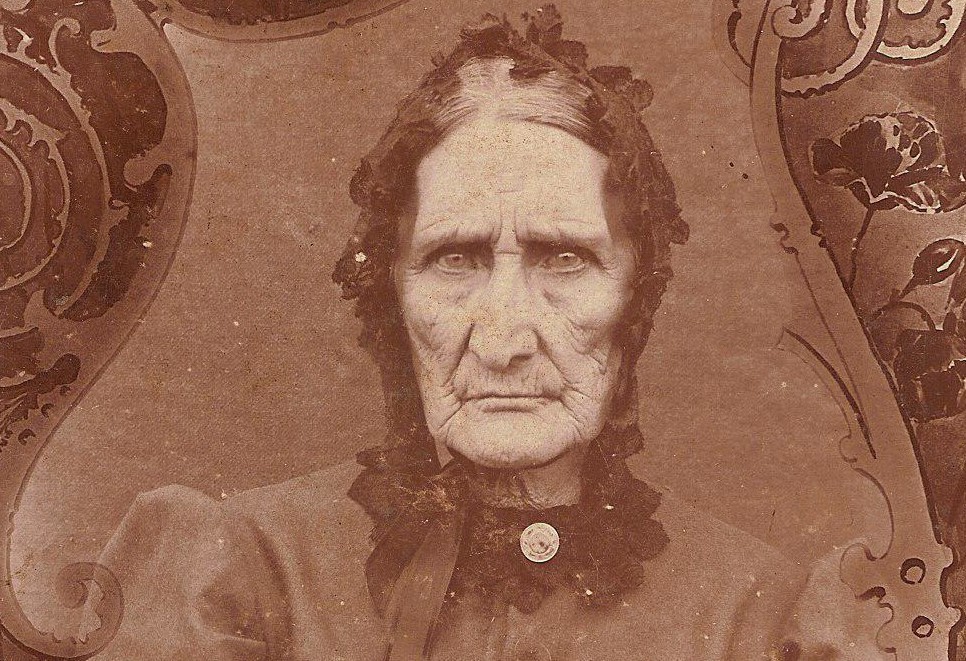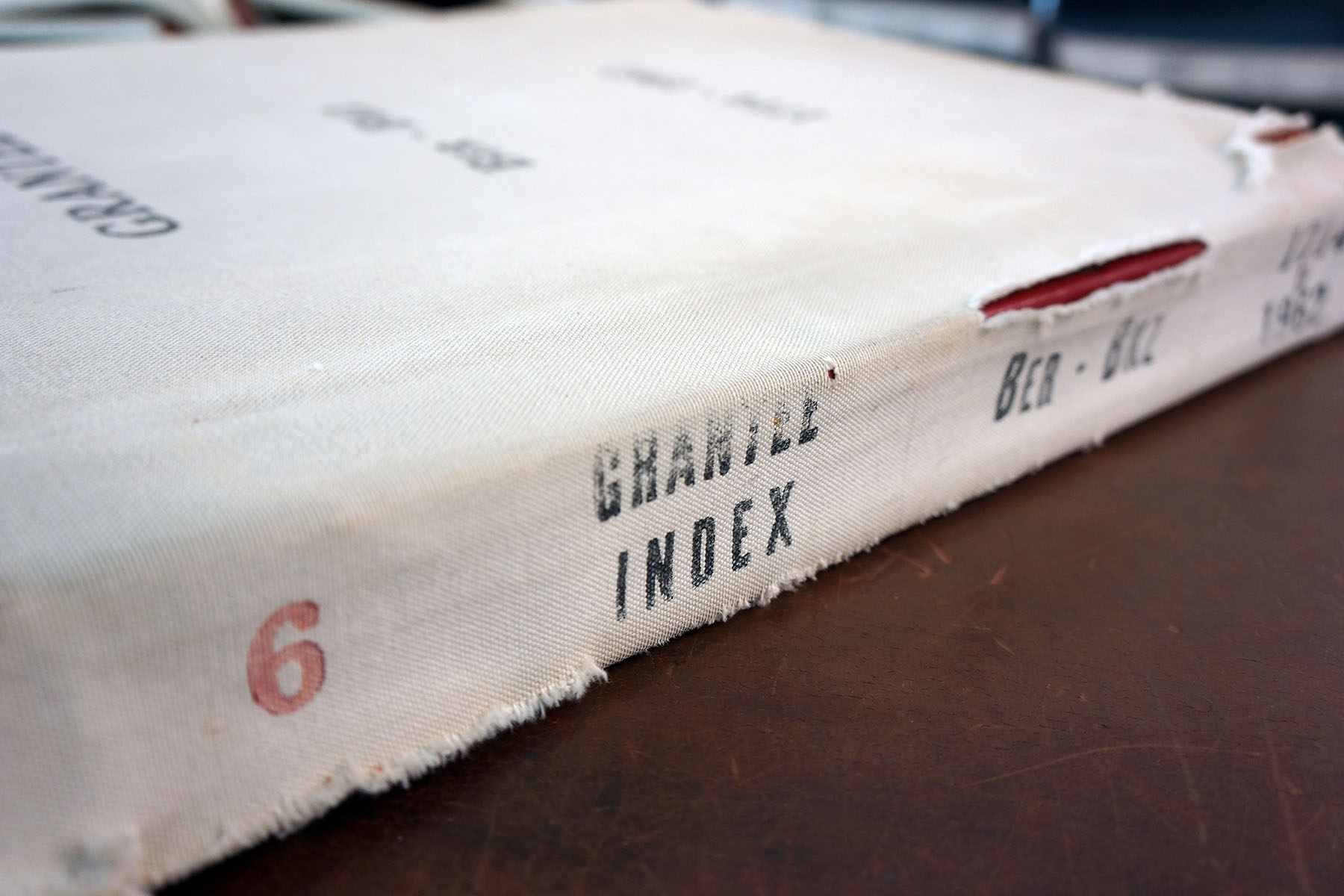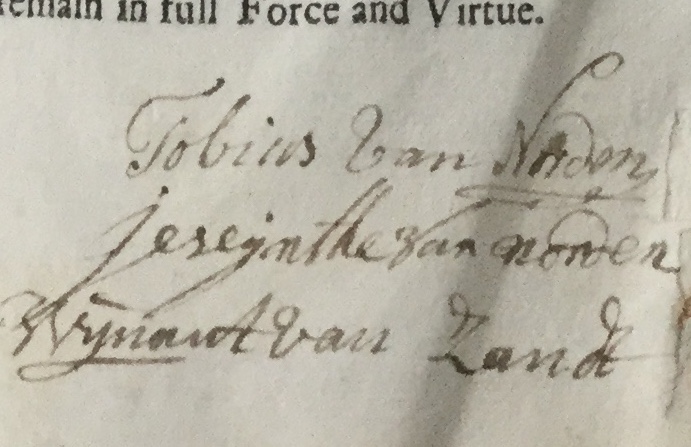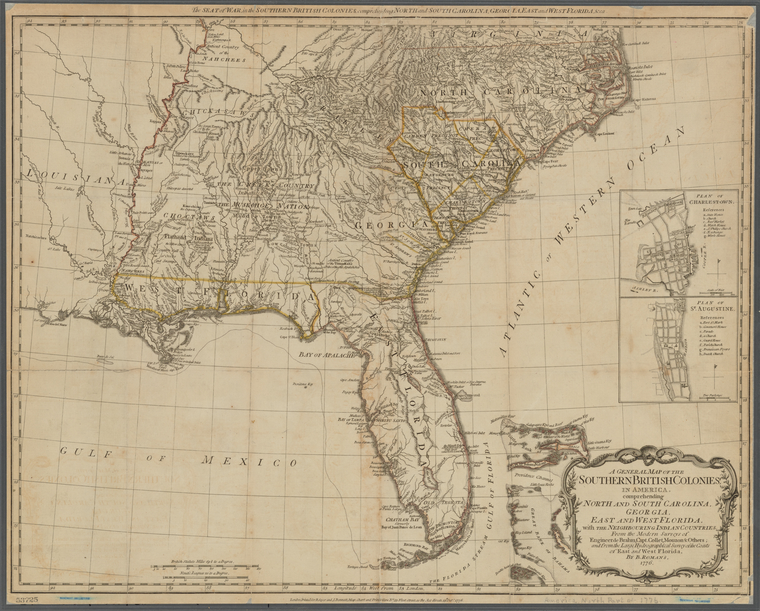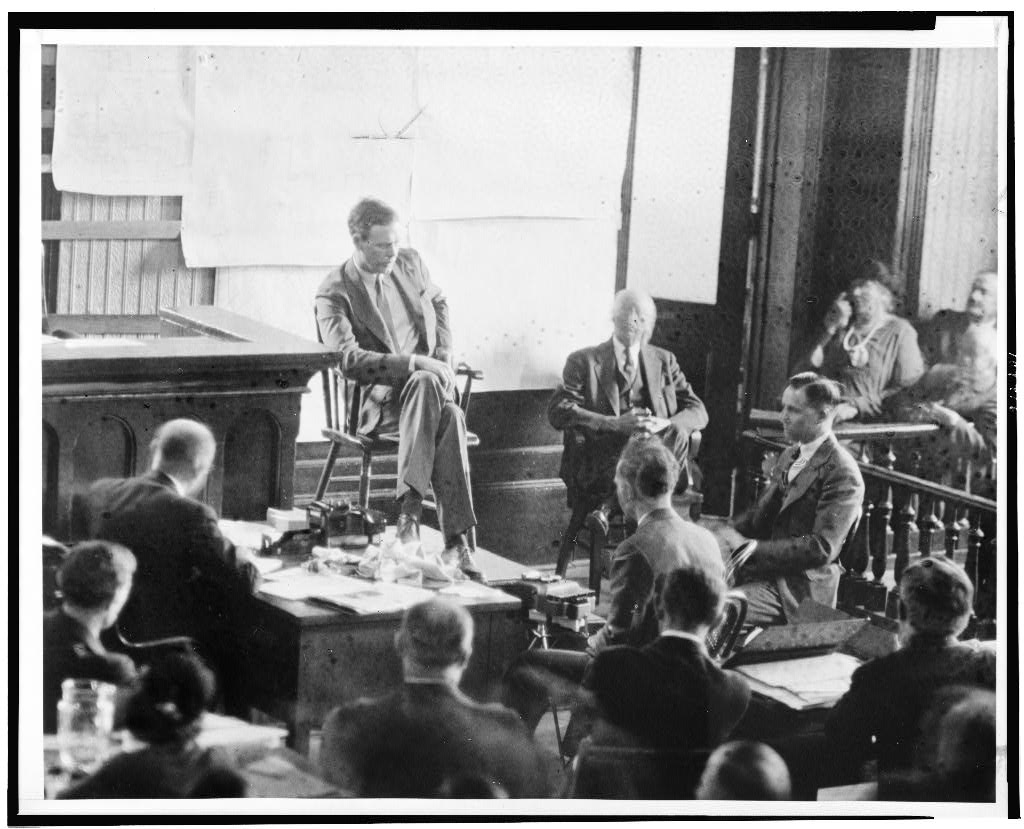Mar 2018
Occupations
As far back as I’ve yet been able to discover, my ancestors were rural farmers like most of their neighbors, whether they lived in the Mid-Atlantic, the South, or the Midwest. Among that set, I’ve yet to find their occupations a useful tool in solving any of my research problems. When I research other people’s […]
Mar 2018
Uxornecronyms: A Little-Known Naming Practice
In his slim and excellent volume, The Name Is the Game: Onomatology and the Genealogist, NGS Fellow Lloyd de Witt Bockstruck coins the term uxornecronym: “the name of the first daughter born unto a second wife honoring the name of the first wife, who had died.”[1] The word combines the Latin term uxor (wife), the Greek […]
Feb 2018
Early 19th Century Vital Data from the National Intelligencer
The National Intelligencer and Washington Advertiser began publication 31 October 1800. In 1810, the Washington Advertiser portion of the name was dropped, and the paper continued as the National Intelligencer until 1869. It then merged with the Washington Express to become the Daily National Intelligencer and Washington Express, which ended publication 10 January 1870.[1] In […]
Feb 2018
When Deed Books Are More Than Land Records
In Locating Your Roots: Discover Your Ancestors Using Land Records, author Patricia Law Hatcher, FASG, FGSP, spends a couple of pages on one of her favorite topics: “Records in Deed Books That Aren’t Deeds.”[1] Hatcher uses the example of Barren County, Kentucky, in which she found agreements, apprenticeships, bills of sale of personal property, bonds, […]
Jan 2018
Dutch Naming Systems in Early America
Among the NGSQ Archives are countless articles on sound genealogical research methodology. Some of those articles are so well-written and useful that they have become must-use resources for genealogists ever since. One such timeless contribution comes from NGS Hall-of-Famer Rosalie Fellows Bailey (elected in 2010). In 1953, she published the two-part article, “Dutch Systems in […]
Dec 2017
Four Ways to Give Back to the Genealogical Community
Giving back is critical for a community such as ours, one that is uniquely self-supporting and depends whole-heartedly on the kindness of strangers. The financial burden that societies bear to digitize records, create indexes, and educate our ranks is impossible to meet without each of us volunteering time and donating money. Here are just […]
Nov 2017
Georgia Passports Illuminate Migrations
Many very early nineteenth-century travelers to the territories that would become the Gulf states of Florida, Alabama, Mississippi, and Louisiana migrated there from the Southeastern states of North Carolina, South Carolina, and Georgia. If your ancestor is among this group, you know how hard it can be to unwind that migration westward and determine their […]
Nov 2017
Evaluating Court Testimonies as Genealogical Evidence
The Genealogical Proof Standard includes “(a) a reasonably exhaustive search in reliable sources for all information that is or may be pertinent to the identity, relationship, event, or situation in question[.]”[1] Court records are generally considered “reliable sources,” but what of the testimonies recorded in court cases, particularly when they conflict? Is it possible to […]
Oct 2017
Hidden Truths
People who lived in the past had secrets. Just as those living today may hide parts of their lives and conceal facts about their families, so may have people who lived centuries ago. Genealogists know that first-hand information is more likely to be accurate, but just because information is first-hand doesn’t mean that it is […]
Oct 2017
Tracking and Reporting Our Own Research
Life has a way of interrupting plans. While we are deep into work, focused on solving a genealogical mystery, a bump in the road could push us in another direction. We set our research aside, intending to restart as soon as we’re able. But when we come back to work, the details that were fresh […]
